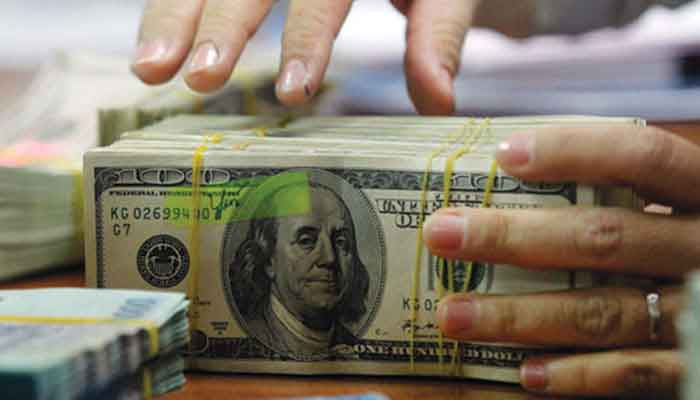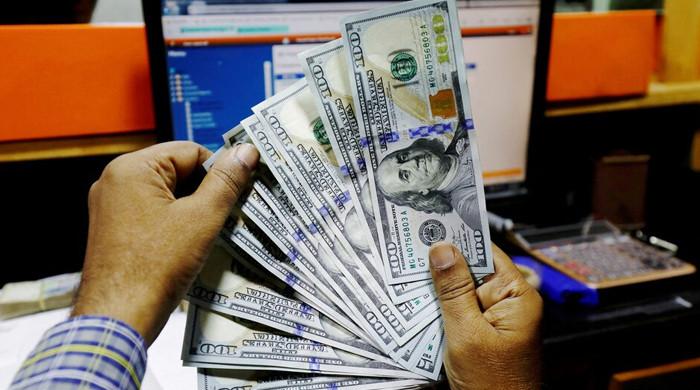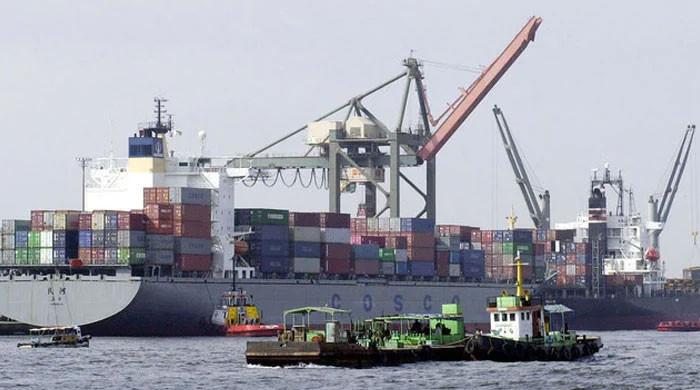FDI rises to over $220m in January
FDI in January grew more than double as compared to the $110 million recorded in the same month last year
February 21, 2023

- FDI drops 44.2% in first seven months of current fiscal year.
- Arif Habib says inflows came mainly in power and food sectors.
- China poured $68.4 million poured into Pakistan in January.
KARACHI: China, one of the leading global economies, emerged as the single largest foreign investor in Pakistan in January as the month saw foreign direct investment (FDI) rise to $226.6 million, The News reported Tuesday.
As per the data released by the State Bank of Pakistan (SBP), the FDI in January grew more than double as compared to the $110 million recorded in the same month last year.
However, the FDI dropped 44.2% to $683.5 million in the first seven months of the current fiscal year, figures released from the SBP showed.
“The country attracted the highest net inflow in January after seven months,” Arif Habib Limited said in a market report.
It said inflows during the month of January came mainly in the power and food sectors. “Net foreign direct investment settled at $223 million in January 2023, highest net inflow after seven months.”
The financial sector attracted $224.7 million in FDI from global investors in July-January FY2023, which was lower when compared with $255.2 million in the corresponding months of the last fiscal year, the SBP’s data showed.
The investment in the gas and exploration sector dropped to $98.4 million in July-January 2023 from $154.6 million a year earlier. The investment in the power sector fell to $315.2 million from $388.4 million.
On a country-wise basis, China emerged as the single largest investor with $68.4 million poured into Pakistan in January. It was followed by Japan with $59.7 million and Switzerland with $16.7 million, revealed SBP data.
Mining and quarrying space saw divestment of $232.1 million in the seven months against the same period of the previous fiscal year. The communications sector saw divestment of $93 million with $89 million leaving telecommunication space alone. Moreover, the electronics sector saw a divestment of $30.1 million.
Analysts said a stalled International Monetary Fund's (IMF) bailout program, continuous political unrest, and Pakistan's deteriorating external finances have all reduced international investors' confidence in the country's economy.
Pakistan has been grappling with an economic crisis that is becoming worse. A combination of commodities headwinds and supply chain disruptions, exacerbated by the Ukraine crisis, disastrous floods, and significant political instability, pose a serious threat to its finances. The country has been struggling with soaring inflation.











